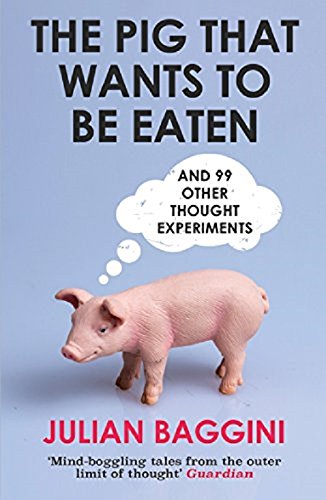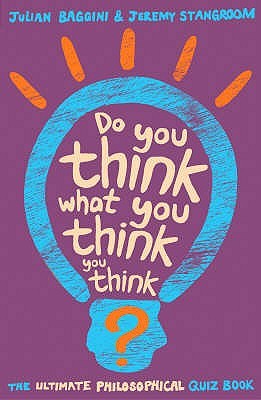Short stories
There are many short story anthologies in print, some organised by country or region (Irish, American, Australian…) or theme (love, horror, detective…) or period (nineteenth century, the Second World War…)
Short story writers popular among our groups include Raymond Carver, Roald Dahl, Angela Carter, Shirley Jackson, Saki and Stephen King. For a great list of story recommendations by leading writers, check out Bite Size: 50 Great Stories. Or have a look at 10 full text stories recommended by Jon McGregor.

There are anthologies of stories specially chosen to be read aloud, such as Jonathan Taylor (ed), Overheard, Stories to Read Aloud.
A Little Aloud, edited by Angela Macmillan, is a collection of prose and poems that includes the approximate time taken to read each piece aloud. Some take less than a minute, others up to half an hour.
Very short stories, sometimes called flash fiction, can be useful, especially in read-aloud groups. Anthologies include New Sudden Fiction (Robert Shapard and James Thomas eds). There are also lots of very short stories available free to download from the internet. Have a look at this list. Or try googling ‘flash fiction’ or ‘stories in 100 words’. They can also be a great was to round off a session.
There’s a whole sub-genre of stories in six words, made famous by one supposedly written by Ernest Hemingway:
For sale: baby shoes, never worn.
If you google ‘stories in six words’ dozens of sites come up with hundreds of stories.
She saw and she stayed quiet.
‘Wrong number’, says a familiar voice.
Many groups enjoy reading and discussing stories like these and then writing their own in the meeting or afterwards.
In 2018, Penguin published a series of 50 short stories. Each little book in the Penguin Modern series offers a concentrated hit of it’s authors work. From complete stories to essays and speeches to poems, … these books celebrate the groundbreaking writers who today define the radical spirit of Penguin Modern Classics.



Short Non-Fiction
Many groups read both novels and non-fiction: biographies, memoirs, popular science, history. Some like to finish meetings with a short non-fiction piece: a newspaper article about something topical, a famous speech, a thought experiment or a logic puzzle. There are anthologies and lots of material on the internet. Here are a couple.

The Pig that Wants to be Eaten
and 99 Other Thought Experiments
Julian Baggini
These are ethical dilemmas presented in a story. Each one is less than a page long, followed by a short discussion of the issues. There are no right answers but the discussion helps clarify what is at stake. Very popular with many groups.

Do You Think What You Think You Think?
Julian Baggini and Jeremy Stangroom
This is a series of quizzes, designed to expose the contradictions in what we believe. After each person answers the questions of a particular quiz, there’s a scoring system that reveal tensions in one person’s attitudes. There’s then a section of discussion of big questions: ‘can you put a price on human life?’, ‘are there any absolute truths’, ‘what should be legal?’ etc. The book is more complex (and complicated) than The Pig that Wants to be Eaten but it can work well with more established groups.



There are also lots of very short short stories available free online, for example here in the Huffington Post online.